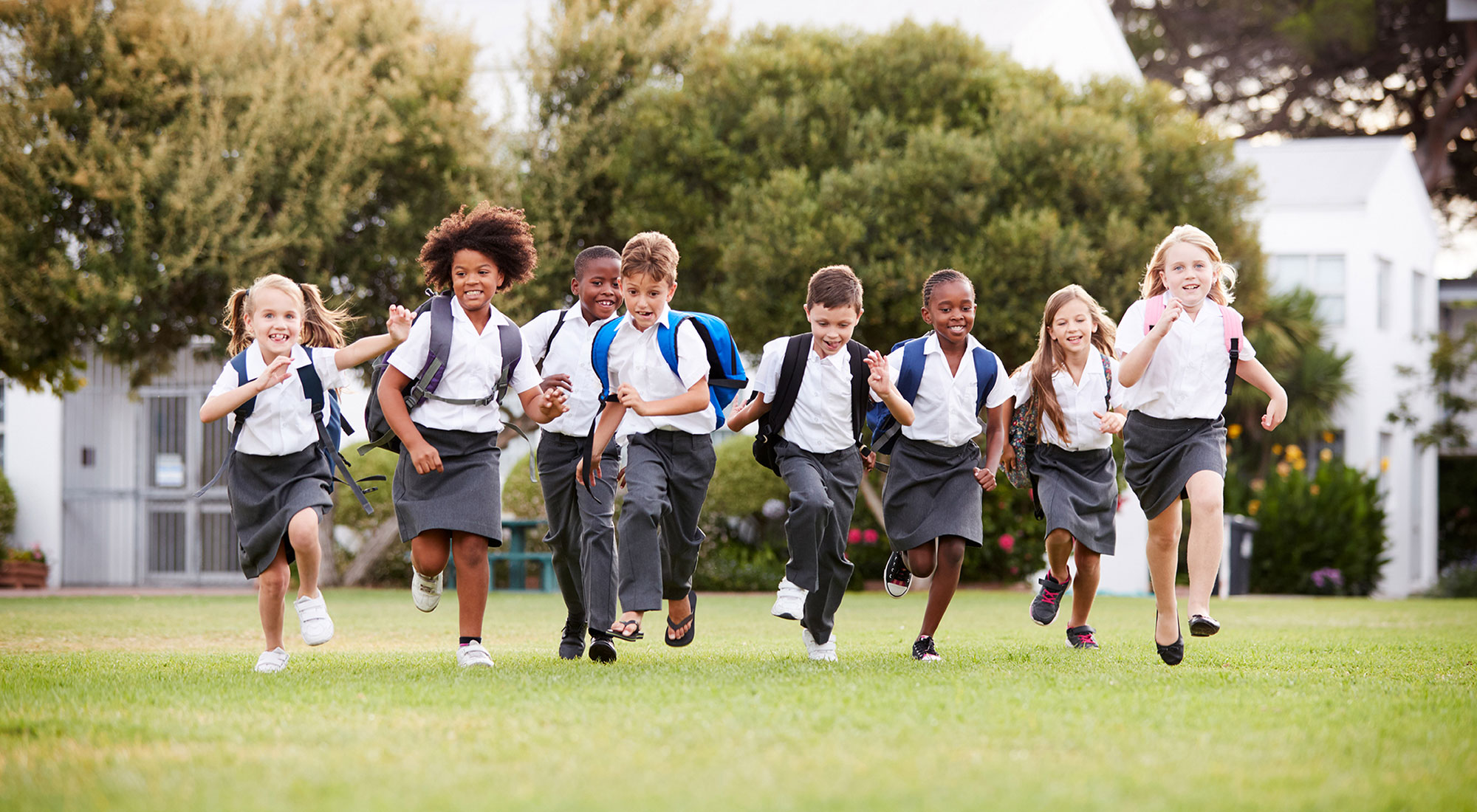By Dr Libby Artingstall, Dr Sile McDaid and Mr Chris Irwin, Co-Founders and Directors, Wellbeing Through Sport
Children’s mental health week ran from 7-13 February this year. The theme was ‘Growing Together’ and the purpose of this was to encourage children (and adults) to reflect on how they have grown and how they might be able to help others grow.
For us, growth relates to so many factors, some of which include: physical growth and development (height, fitness, strength, motor skills, improving cardio-metabolic health); cognitive improvement (attention, memory, information processing); and social-emotional growth (being able to realise our potential, valuing ourselves, feeling optimistic, being happy and confident, building positive relationships with others, and developing a sense of belonging).
When it comes to mental health, supporting children to grow and develop social and emotional life skills (eg emotional awareness, empathy, problem solving, communication skills) is a critical component to supporting wellbeing.
This is because there is evidence to demonstrate that these skills can act as protective factors and prevent the development of mental health problems and risky behaviour, and improve resilience to help young people navigate the challenges that life may throw at them. Social and emotional skills have also been connected with learning, increased school attainment and higher earning potential (Catalano et al, 2002; Zins et al, 2004; Weare, 2015).
In our minds, schools, community groups, parents, carers and families can play a pivotal role in teaching children and young people the skills that can secure social and emotional wellbeing. Learning through experience can be a really helpful way to teach these skills effectively, and using physical activity can be a great way to facilitate this.
Experiential, developmentally appropriate, stimulating, fun and solution focussed learning is what underpins the Wellbeing Through Sport programme.
Taking positive, proactive action to grow social and emotional life skills
Evidence suggests that 50% of all mental health problems are established by the age of 14 years and 75% by 24 years. Recent data analysis completed by the Royal College of Psychiatrists for the BBC revealed a 77% rise (between April and October 2021) in the number of children requiring specialist intervention for severe mental health issues, for example, suicidal thoughts and self-harm.
Teachers and support staff who responded to a survey conducted by Place2Be and the National Association of Headteachers also described seeing an increase in pupils experiencing more common mental health problems, for example anxiety, since the pandemic (Kessler et al, 2005; NHS Digital, 2018; BBC, 2022).
Research undertaken by the University of Cambridge found that early warning signs of self-harm can appear in children almost a decade before it starts. The findings show there is significant opportunity to improve children’s mental health, intervene and reduce self-harming behaviour.
The researchers also suggest that programmes to boost children’s self-esteem could reduce self-harm later in life and a shift towards a preventative, proactive model is required (Uh and Astle et al, 2021).
As members and Strategic Partners of ukactive, through the work we do, we are all in a privileged position to really make a positive difference to the mental health and wellbeing of children and young people across our communities; particularly as we try to move forwards from the COVID-19 pandemic.
By enabling participation in, and through increasing accessibility to, physical activity and sport we are also providing the opportunity to:
- Improve our mood and make us feel happier
- Increase our levels of motivation
- Reduce anxiety
- Distract from worrying thoughts
- Help us feel more in control
- Increase energy
- Reduce stress
- Improve self-confidence
- Improve self-esteem (how we feel about and value ourselves)
- Improve leadership skills
- Improve empathy
- Encourage peer acceptance and friendships.
(Ref: Anderson & Shivakumar, 2013; Harvard Medical School, 2011; Sharma et al, 2006; UCL, 2020; Eugene Civic Alliance, 2017; Public Health England, 2015; Giliani & Dashipour, 2016).
It’s important to recognise, understand and value the services you provide and the positive difference you make to the lives of children and young people. Alongside supporting the development of more traditional outcomes like physical skill, ability and performance, physical activity and sport also provide many opportunities to nurture other skills, values and attitudes that can protect health and wellbeing.
Aligning mental and physical health is a critical issue that has also been recognised by the Government. As such, don’t forget to explore opportunities to use the Coronavirus Catch-Up Premium and PE and Sports Premium to help our communities engage with meaningful programmes which support pupils’ education recovery and promote good mental and physical health.
If, as a sector, we can strive to adopt a more holistic position where the social and emotional health of children is aligned with physical activity and physical literacy, the potential to drive positive mental and physical health outcomes must be huge.
Wellbeing Through Sport is a member of the ukactive Strategic Partner Group – find out more here.
Disclaimer: Any views or opinions expressed are solely those of the author and do not necessarily represent those of ukactive.




